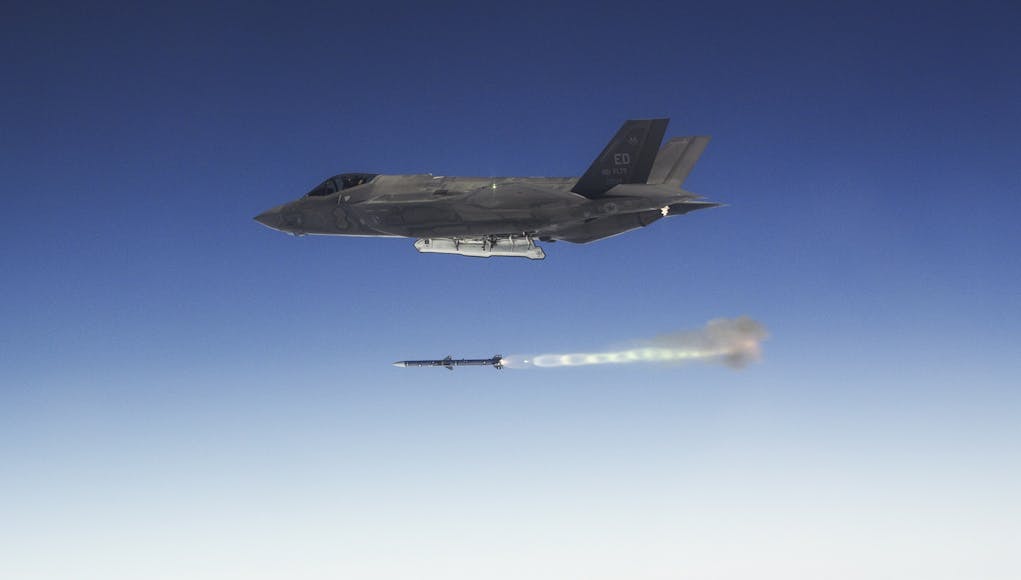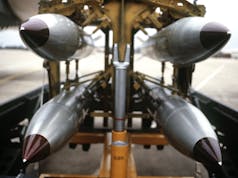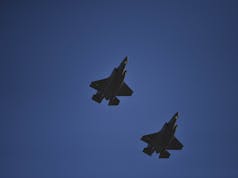Lockheed Martin say it has transitioned additional F-35 suppliers to longer term Performance Based Logistics contracts and Master Repair Agreements.
“As the F-35 fleet expands, we are partnering with our customers and taking aggressive actions to enhance F-35 readiness and reduce sustainment costs,” said Greg Ulmer, Lockheed Martin vice president and general manager of the F-35 programme.
“The F-35 global supply chain is a key enabler to success, and we’re restructuring and streamlining several contracts with key industry partners to provide the long-term stability that will allow them to make investments, improve efficiencies and optimize their performance. This is one of several actions we’re taking across the supply chain to improve capacity, reduce costs and enhance supply availability.”
The firm says that previously under annual contracts, the new multi-year PBLs allow each company to make longer term investments and actions to reduce costs and improve efficiencies. In addition to PBL contracts, Lockheed Martin has established 12 Master Repair Agreements (MRAs) with key suppliers to enhance repair capacity and speed.
The PBLs cover several contracts with BAE Systems, Northrop Grumman and Collins Elbit Vision Systems (CEVS); and the MRAs cover contracts with 12 separate suppliers including Honeywell, GE and Eaton.
The initial multi-year contracts are already delivering benefits. A 2017 PBL contract awarded to BAE Systems for the Electronic Warfare subsystem is helping deliver a 25 percent improvement in the system’s availability throughout global operations.
According to a news release:
“The F-35’s reliability and readiness continues to improve and newer production aircraft are averaging greater than 60 percent mission capable rates with some operational squadrons consistently near 70 percent. Additionally, Lockheed Martin has reduced its portion of operating costs per aircraft by 15 percent since 2015.
The F-35 enterprise’s goal is to deliver 80 percent mission capable rates in the near term, and achieve a $25,000 Cost per Flight Hour (CPFH) by 2025, which is comparable to the cost to sustain legacy aircraft, while providing a generational leap in capability. As more aircraft enter service, the enterprise is optimizing resources across the fleet and leveraging data across hundreds of thousands of flight hours to achieve these goals.”














Presumably none of those are Turkish given it looks like Turkey will be thrown out of the F35 programme. Wonder which country will get the engine overhaul & repair facility planned for Turkey.
Given the expertise of Rolls Royce and the UK in general that should be a given, but in the world of politics who knows.
I’m sure North Wales is getting it…